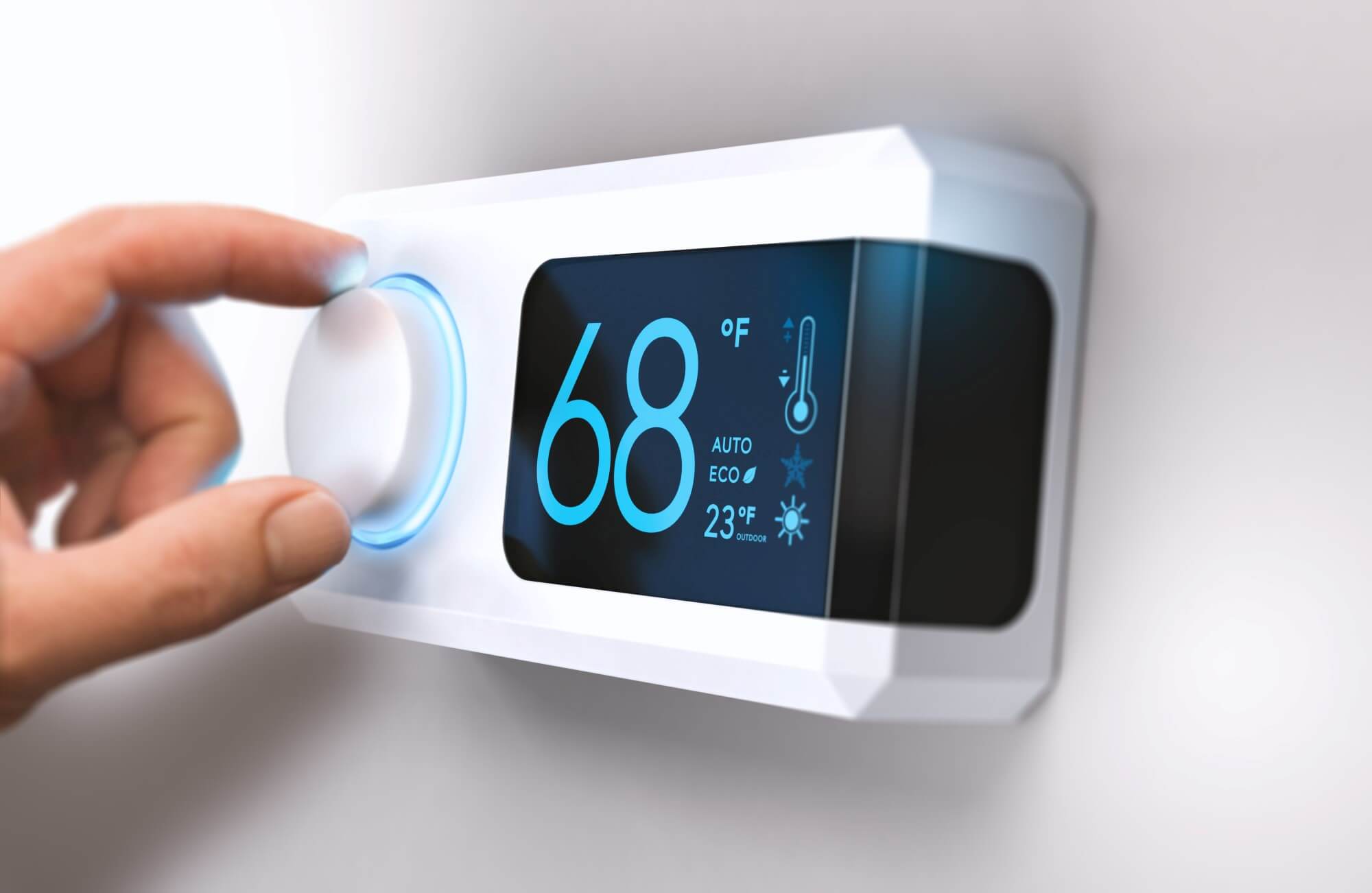How to Choose the Best Heating System for Your House

Did you know at least 21 people died during the most recent polar vortex? Winter snow is pretty, no doubt, but you have to stay warm and comfortable.
That said, you can't exactly build a large fire pit in your living room. We're not cavemen.
You need to find the best heating system for house use. It's important since it will dictate whether your home will have enough heating while staying efficient.
Don't know which features to look for? Not sure if you're buying a great heater or if you're getting scammed?
Read on and find out more today:
How to Pick the Best Heating System for House Use
We're going to break this process down into five simple categories. These are the most crucial factors to consider when looking for the best heating system for house usage. This will make your decision easier, especially if it's your first time picking one.
You can also see here if you're interested in picking specific heating systems. Ready? Here are the factors you need to consider:
1. Energy Source
The most popular heating fuel for the majority of the country is natural gas. In areas where it isn't available, a lot of homeowners settle for propane or LP gas for their heating needs. If you're living in areas with less severe climates, electric heat pumps are viable options.
Fuel oil is a less common choice, but some people in the U.S. still use it. If you're deciding on the type of energy source you'll use for your heating system, pick the ones with readily available within your area. Make sure that the fuel is at a reasonable price to make the most out of the money you spend.
Most professional heating contractors can give you estimates for the cost of using various fuel or energy sources. If you're not keen on asking them, try inquiring with the local electric or gas utility provider instead.
2. Distribution System
Most heating systems used for residential spaces use either forced-air or circulating hot water for heat distribution. The former is more popular in the United States. It's because the heating system distributes heat throughout your home using air ducts and registers.
As for hot water systems, they use a boiler as a means of heating water. It will circulate this through either copper or plastic pipes. A few hydronic systems circulate it using pipes underground, within the floor slab, radiating the heat to the rest of the room.
The main advantage of using forced-air systems is that you can use the ducts for central air conditioning. It also filters and humidifies the air while circulating it to ventilate the area. But the main drawback is that the air can still feel cool even when it's supposed to be warmer than the room's temperature.
Hydronic systems have the advantage of radiating even temperatures. It also has the means of using the same boiler to give hot water for domestic use. But its drawback is that it comes with a higher price tag, and it doesn't allow ventilation and air conditioning.
3. Efficiency
This is one of the most important aspects you need to consider. After all, if your heating system has higher efficiency, your operating costs will go down. Even a small difference in your yearly energy costs will add a lot of value throughout the system's lifetime.
For residential heating systems, the standard efficiency ratings are AFUE and HSPF. The former is an abbreviation for Annual Fuel Utilization Efficiency, often used with natural gas and other fuel oil systems. The latter translates to Heating Season Performance Factor, used as an efficiency measurement for electric heat pumps.
Both of these systems measure seasonal efficiency. It will take into consideration the normal operating losses as well as the differences in the temperatures outside your home.
4. Overall Costs
When comparing various heating systems, make sure to consider the long-term costs of operation alongside its initial cost. There are a lot of online outlets that can let you estimate your yearly energy costs. If you want to speak with an expert, your local utility provider can give you the operating costs for different heating systems.
If you want a more comprehensive estimate, try contacting a qualified heating contractor. They can help in determining the typical maintenance costs associated with a specific heating system.
5. Your Home's Size
You need to think about the size of the area that needs heating. Often, heating contractors will make home evaluations and make a load calculation from there. This helps them know the specific size needed for a heating system to work.
The contractors will often calculate your home's heat loss rate. They do this by checking the areas in your home with outside temperatures like the roof, windows, and walls. With the use of average winter temperatures, they will estimate the amount of heat needed to make the ideal temperatures during the coldest winter days.
The right heating system will often exceed your heating needs. That ensures that you're warm even when the temperature goes lower than the average. As a general rule, the right heating system won't exceed your heating needs by more than 25%.
It isn't uncommon for the heating system of older homes to have the incorrect size. If you're trying to replace your current system, get a heating contractor. They'll assess your home and give you the right size for your heating system.
Get the Right Heating System Today!
These are the tips you can use to get the best heating system for house purposes. Don't hesitate to use them and get the most out of what you pay for. You deserve the right amount of heating to stay comfortable.
You can also read some of our other related posts and learn more.
839GYLCCC1992



Leave a Reply